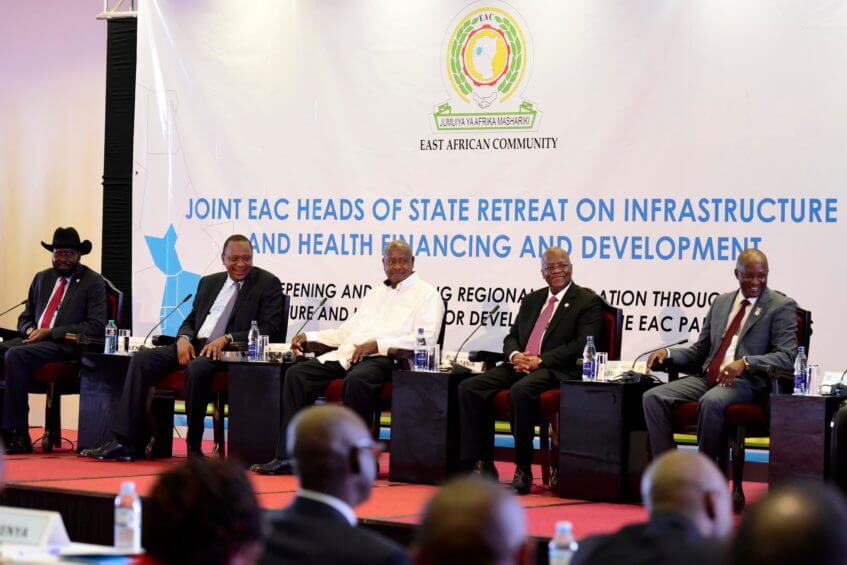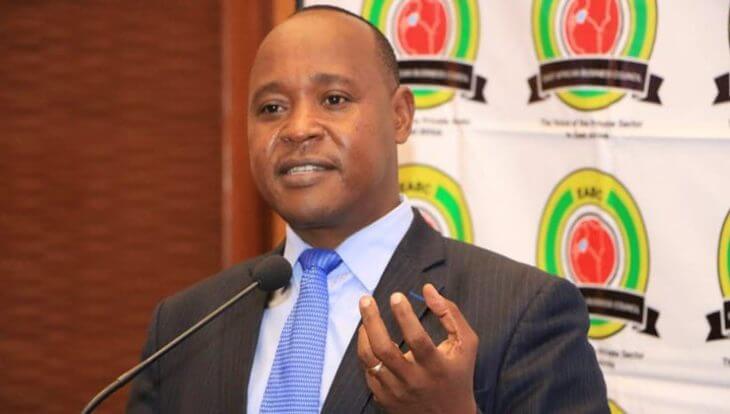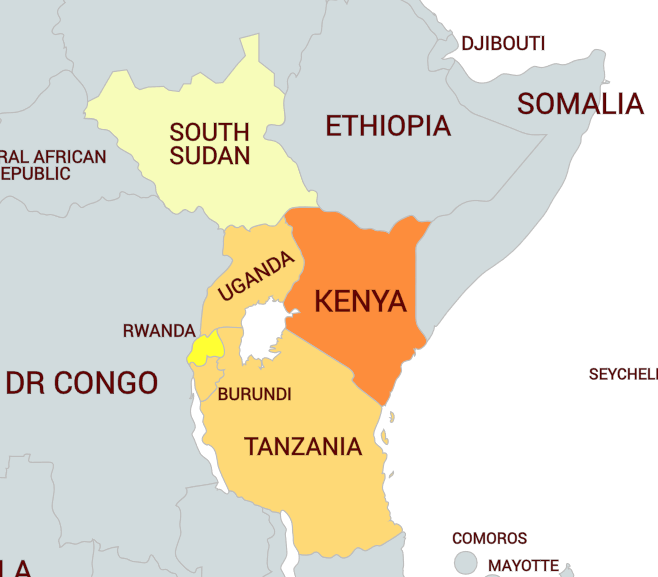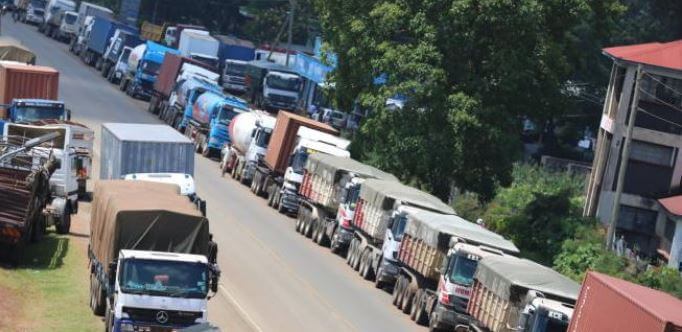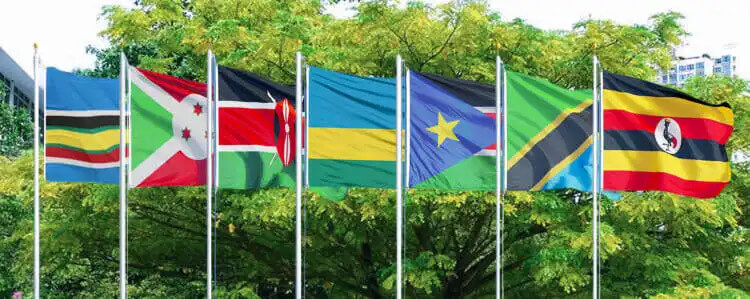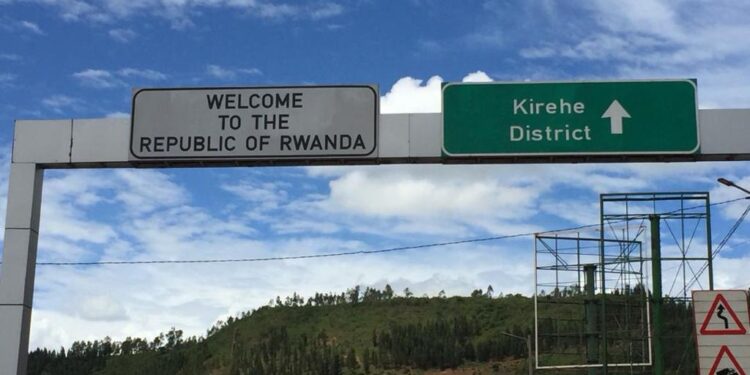President Salva Kiir will join his counterparts in the East African Community during the Heads of State meeting scheduled for February 27. This week, the EAC Secretary General Liberat Mfumukeko announced that the meeting of the Presidents will be preceded by the region’s Council of Ministers on February 25. “We are also kindly proposing that the 21st Ordinary Summit of the EAC Heads of state be held on Saturday, February 27, 2021,” he revealed. In a letter addressed to all permanent secretaries and ministers for EAC Affairs from South Sudan, Tanzania, Kenya, Uganda, Rwanda and Burundi, Mr Mfumukeko said: “Following consultations with the chairperson of the Council, the SG wishes to convene the 40th Ordinary Meeting of the Council of Ministers from February 22-25, 2021 in Arusha, Tanzania.” The last meeting of the Heads of State was in May 2020, when only Presidents Salva Kiir, Uhuru Kenyatta, Paul Kagame and Yoweri Museveni attended at the backdrop of the coronavirus pandemic emergency. Tanzania and Burundi did not attend the meeting. The May Consultative Meeting discussed the Regional Response to Covid-19 and the Free Movement of Goods. Since then, trade among East African Community states has continued to decline due to the failure by partner states to agree on trade liberalisation, integration, lack of product diversification, and non-tariff barriers as hurdles to intra-regional trade despite the implementation of the Single Customs Territory. EAC trade has continued to be dominated by agricultural commodities: Coffee, tea, tobacco, cotton, rice, maize and wheat flour. Manufactured...
East African Heads of State summit slated for Feb 27
Posted on: February 1, 2021
Posted on: February 1, 2021

